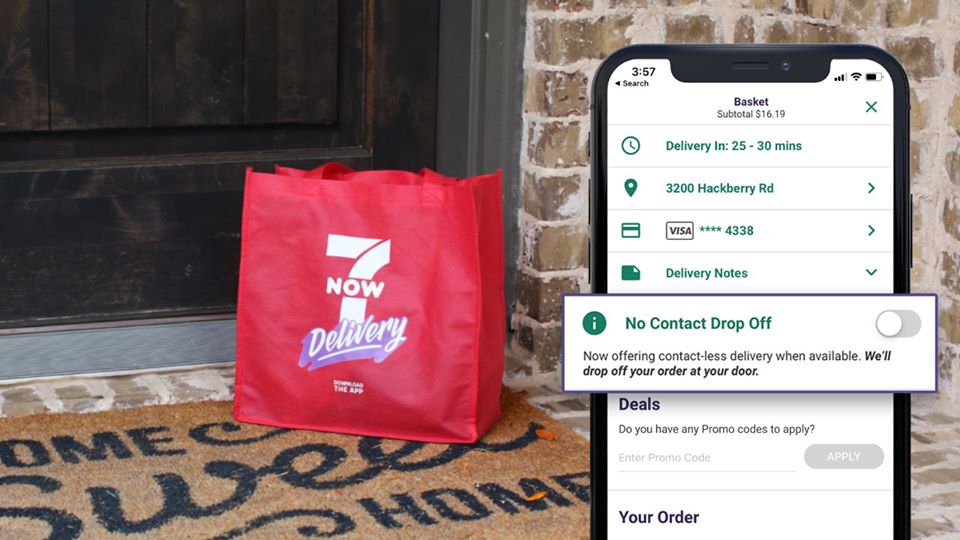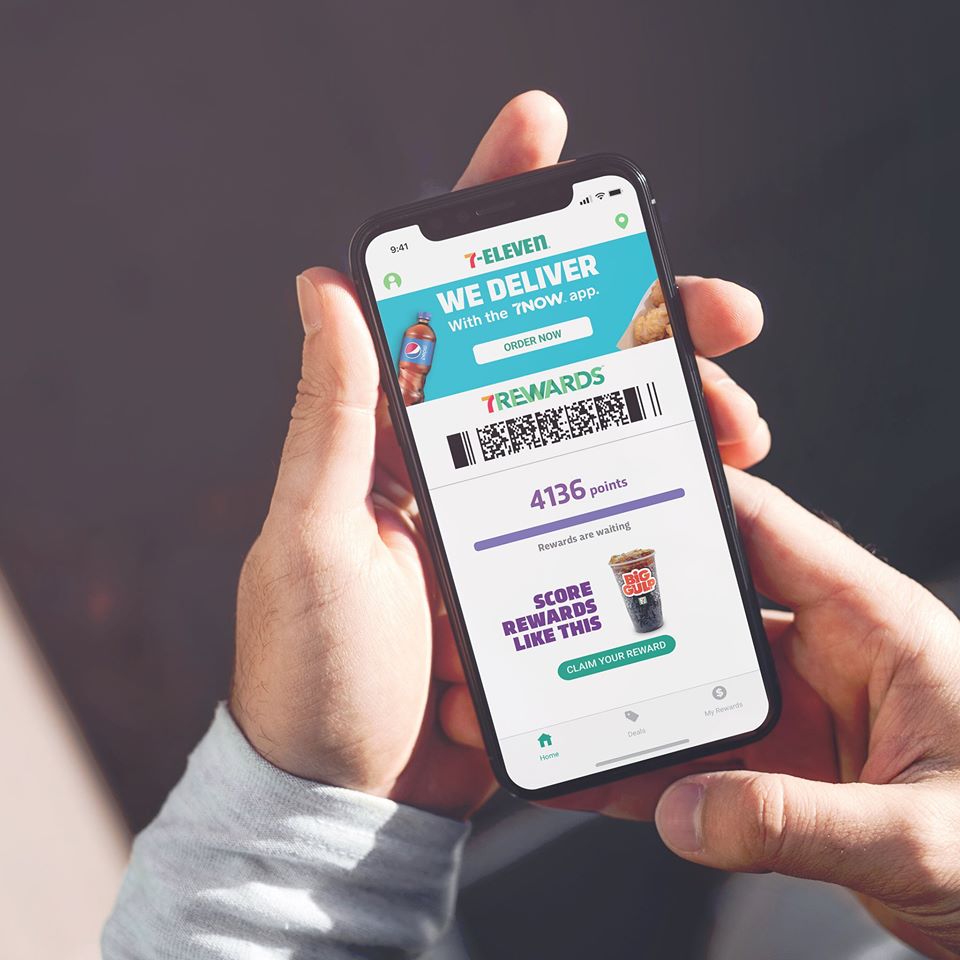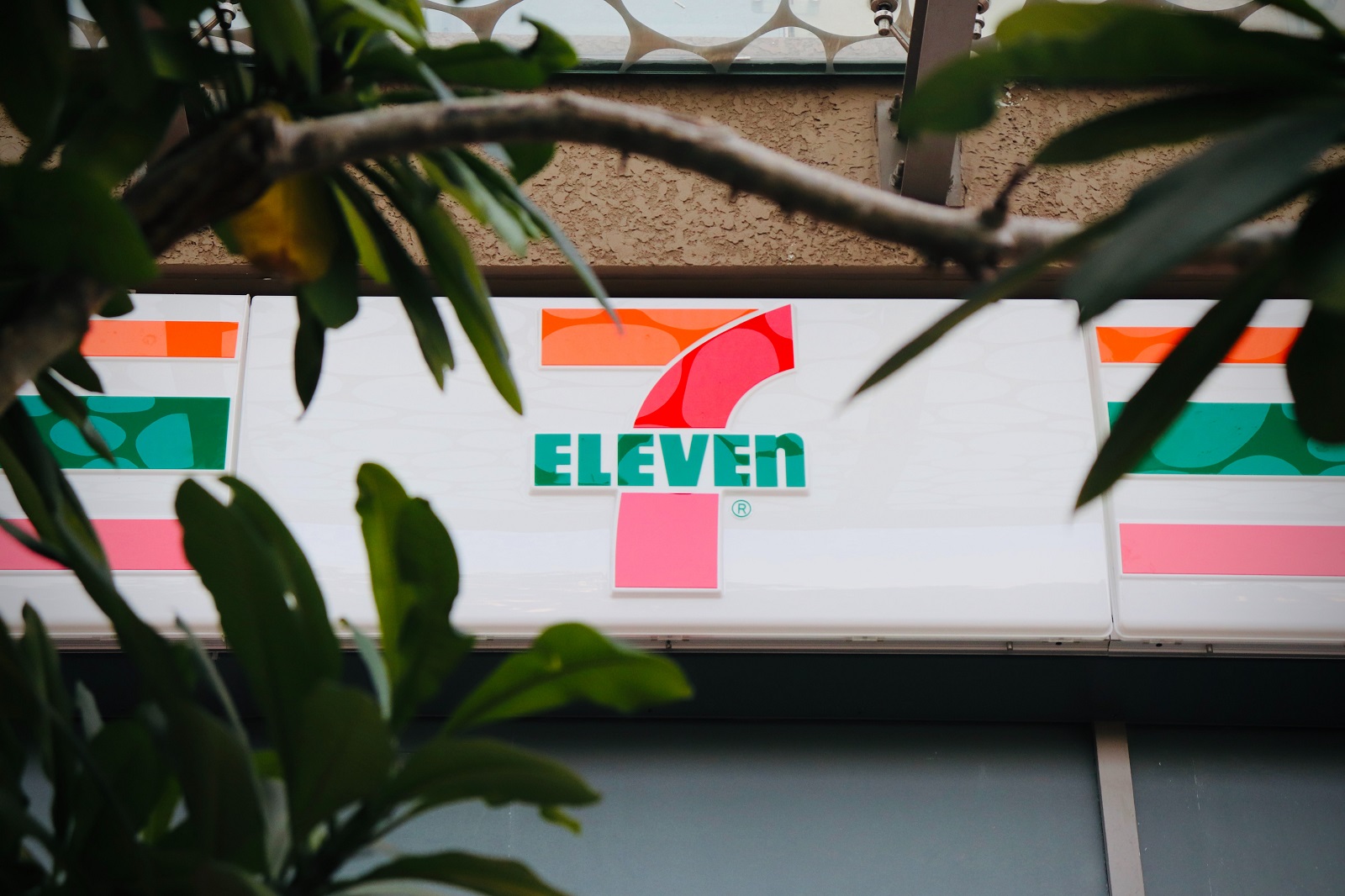Written by: Pat O’Meara & Kyle Gamber
At Rappaport we are putting together a series of blogs highlighting the incredible efforts and innovations of retailers who are leading by example in adjusting to the coronavirus pandemic of 2020.
Heading in a new direction
For convenience retailer 7-Eleven, this social and health crisis came in what was already a time of profound change for the franchise, as they had begun introducing the world to the 7-Eleven evolution concept stores. The first of these opened in Dallas, Texas last year, and the second here in Washington D.C. in late February 2020, while the extent of the coronavirus effect was still unclear.
Agility in the face of need
In a statement at the time, the company said that the evolution format was to serve as “a lab store” and “real-time experiential testing ground” where customers can try the retailer’s latest innovations.
These changes, though, were about to be real-world tested in a totally unforeseen way as Covid-19 infection rates ushered “new normals” like social distancing and shelter-at-home.
This meant that plans aimed at boosting convenience for customers, such as implementing digital payment options, suddenly became a necessity. For example, the “scan & pay” technology allowed people to skip the checkout lines, keeping a safe distance from each other while paying for purchases via the 7-Eleven app.

Smarts moves
The convenience giant responded quickly as the coronavirus threat became more critical, communicating directly with the CDC and introducing enhanced hygiene and sanitizing protocols for their 9000+ U.S. stores. They partnered with suppliers to increase the availability of essential items, and reaffirmed their commitment to fair and honest pricing. They also bolstered the service of the 7NOW delivery app and began offering contactless delivery.
”These are incredible efforts in an incredible time of need, and we are so proud to be associated with the 7-Eleven brand as their tenant representation.
Henry FonvielleRappaport President
Additionally, 7-Eleven has waived delivery fees, and partnered with national delivery platforms Postmates and DoorDash, in addition to Google, to make delivery available to as many customers as possible.
Additionally, in June 2020, they introduced a new innovation in fuel purchases, a loyalty program that incentivises customers to use voice and no-touch pay technologies. This is part of their support for measures that promote or allow for social distancing, a recommended means of managing the spread of the coronavirus. 7-Eleven is, we believe, the first retailer to offer voice-command-based payment for gas using the native Siri functionality on iPhones.
It’s not just customers who benefit. On the staff front, they increased their store numbers at a time when so many businesses are shuttering or being forced to dismiss staff, announcing 20,000 new hires. For staff health and safety, they installed Plexiglas “sneeze guards”, and implemented an enhanced, paid time off policy.

Above and beyond
As the numbers of infections and deaths continued to climb, 7-Eleven has worked with the U.S. Treasury to help under- and un-banked people access their economic impact payments, donated over a million masks to the Federal Emergency Management Agency (FEMA), and opened its first-ever hospital pop-up store at Children’s Medical Center in Dallas.
As commercial real estate brokers, and members of the DMV community, we wanted to give praise where it is due, and share a bit of positivity. Our feelings were echoed by Rappaport president Henry Fonieville, who added: “These are incredible efforts in an incredible time of need, and we are so proud to be associated with the 7-Eleven brand as their tenant representation.”
Pat O’Meara and Kyle Gamber are the tenant representation for 7-Eleven at Rappaport.
They can be reached as follows:



